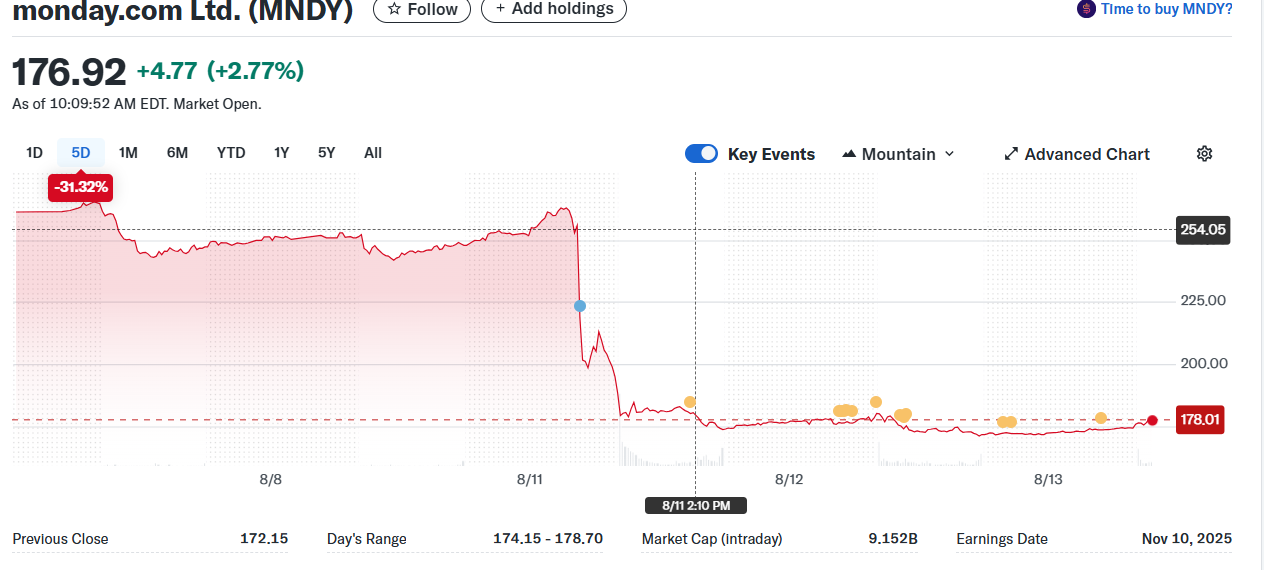12.08.2025 20:57
Sergey Ivancheglo, the former IOTA co-founder and leader of the Qubic project, has announced that his project now controls over 51% of Monero's global hashrate. This significant claim raises serious concerns about the possibility of a 51% attack on the privacy-focused cryptocurrency. Such control would grant Qubic the ability to manipulate the blockchain, potentially reversing transactions, censoring activity, and even facilitating double-spending.
While Ivancheglo frames this as a proactive stress test designed to enhance the Monero network's resilience against future threats, the announcement has sparked considerable controversy within the developer community and among security experts. The potential for malicious exploitation is undeniable, given past incidents involving other cryptocurrencies. Previous 51% attacks on networks such as Ethereum Classic and Bitcoin Gold resulted in substantial financial losses, highlighting the vulnerability of proof-of-work systems to concentrated hashing power. Even smaller networks, like Verge, have fallen victim to similar attacks, underscoring the systemic risk.
Monero, traditionally lauded for its resistance to ASIC (Application-Specific Integrated Circuit) centralization due to its RandomX algorithm, now finds itself in a precarious situation. Qubic's innovative "useful proof-of-work" (uPoW) model, which converts Monero mining rewards (XMR) into USDT before buying and burning QUBIC tokens, acts as a deflationary mechanism and liquidity sink for its own ecosystem. This model, however, is a key aspect of Qubic's rapid acquisition of hashrate, jumping from under 2% to over 25% of the network's total between mid-May and late July. This dramatic increase has caused alarm.
This aggressive rise in Qubic's hashrate dominance has led to warnings from prominent figures in the cryptocurrency industry. Charles Guillemet, Ledger's CTO, voiced concern on X (formerly Twitter), pointing to evidence of a significant chain reorganization as a potential indicator of a successful 51% attack. Other experts, including Yu Xian, founder of SlowMist, have also expressed skepticism regarding the economic viability and true intentions behind Qubic’s actions. Regardless of whether this constitutes a hostile takeover or a legitimate stress test, the Monero (XMR) price has reacted negatively, plummeting 6.65% in the last 24 hours and accumulating a 16% loss over the past week. The incident underscores the ongoing challenges in maintaining the security and decentralization of cryptocurrency networks. Further investigation is required to determine the long-term implications of Qubic’s actions.











